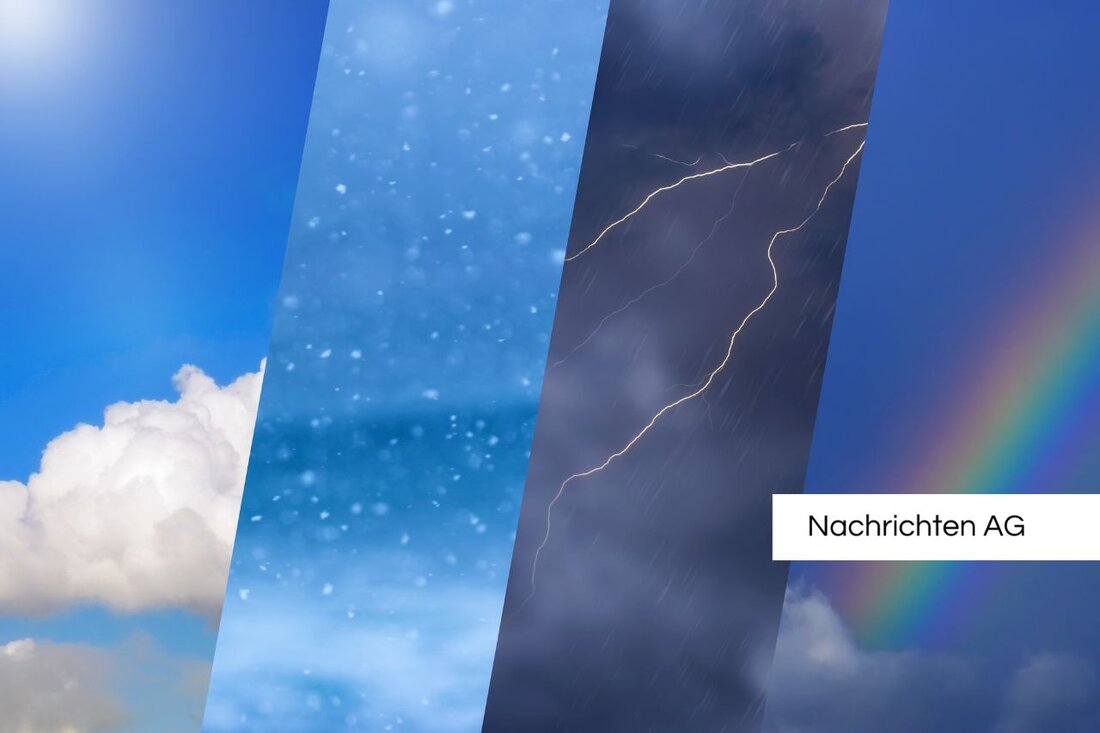Blue-green algae alarm in Cottbus: Bathing ban for Branitzer and Madlower See!
Blue-green algae warning in Cottbus: Endangered lakes require swimming warnings. Be aware of health risks for humans and animals!

Blue-green algae alarm in Cottbus: Bathing ban for Branitzer and Madlower See!
Summer, sun, swimming lake – what could be nicer? But an unpleasant guest is now causing a nasty stir in Cottbus. As the city administration reports, an alarming discovery was made in Branitzer and Madlower See: increased levels of blue-green algae, more precisely cyanobacteria, were found. The worrying result led to an urgent swimming warning for the two bodies of water on Friday. These days, with the heat tempting many an afternoon outing, this could pose a serious risk, not only to humans but also to our four-legged friends.
Blue-green algae, which get their name from the blue pigment phycocyanin, are actually very old friends in nature and have even contributed to the creation of the oxygen-containing atmosphere. But under certain conditions - high temperatures, calm winds and calm water - they can multiply rapidly and release toxins. The warm summer days mean that many bathing lakes in Germany, such as the Branitzer and Madlower See, are affected, and this needs to be taken seriously. Apotheken Umschau warns: Anyone who comes into contact with blue-green algae should shower thoroughly to avoid unpleasant symptoms.
Health risks for humans and animals
The effects on health are diverse: skin and mucous membrane irritations, allergic reactions and even conjunctivitis can result. Particularly unpleasant are the possible gastrointestinal complaints that can occur in the form of diarrhea or vomiting. Pregnant women, people with weakened immune systems, and young children are particularly at risk. The harsh reality is that cattle, pigs and ducks can also suffer from exposure to contaminated water.
Dog-friendly owners in particular have to be careful now. The city of Cottbus strongly warns against letting dogs into the water or allowing them to drink from it. The dangers posed by blue-green algae can have fatal consequences for our furry friends and lead to serious poisoning. If your dog comes into contact with these poisonous aquatic plants, there is only one thing that can help: go to the vet as quickly as possible. Bayerisches LGL emphasizes that small children in particular should be careful when playing in the bank area, as they could absorb large amounts of water when splashing and splashing, which increases the risk.
Preventive measures and consequences
The safety of bathers is very important to those responsible in Cottbus. Monitoring of bathing water by the health authorities is an important measure to identify such risks at an early stage. As a rule, however, blue-green algae blooms do not last long; they often disappear with cooler weather and rain. However, one should not ignore the nutrients that enter the water from fertilizers and promote the growth of cyanobacteria.
In the near future it is important to be vigilant, to take the swimming warnings seriously and not to endanger your own fun while swimming. It's best to simply avoid the cool dip in the water for the next few days until the conditions are safe again. This way, summer remains a pleasure and protects both your own health and that of your beloved pets.

 Suche
Suche
 Mein Konto
Mein Konto